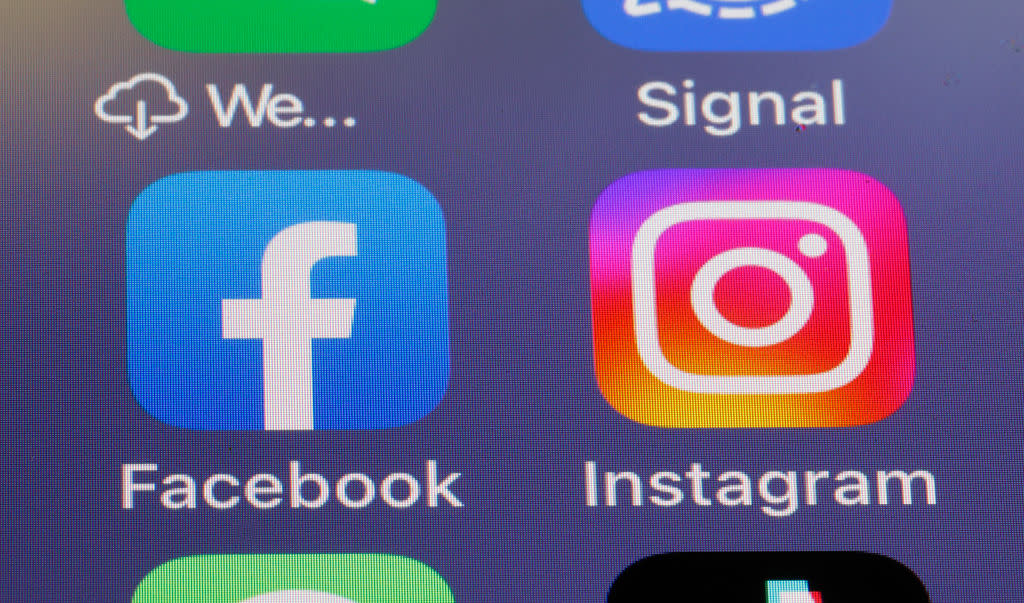Mark Zuckerberg says Apple and Google should manage parental consent for apps, not Meta

In today's congressional online safety hearing, Meta CEO Mark Zuckerberg again pushed back at the idea that businesses like his should be responsible for managing parental consent systems for kids' use of social media apps, like Facebook and Instagram. Instead, he suggested the problem should be dealt with by the app store providers, like Apple and Google, he said.
This is not the first time Meta has floated the idea. Last November, the company introduced a proposal that argued that Apple and Google should do more with regard to kids' and teens' safety by requiring parental approval when users aged 13 to 15 download certain apps.
At the time, Meta's global head of safety, Antigone Davis, said this would be the "best way" to support both parents and kids, and the solution should be enacted "industry-wide," where "all apps are held to the same, consistent standard," according to a report by The Washington Post at the time.
In other words, Meta wants to ensure that the playing field between it and its competitors remains level, despite the massive size of its social networking services, which, combined, are used by 3.14 billion people daily, as of the company's Q3 2023 earnings announced in October. That's larger than Snapchat's 406 million daily active users, as of Q3, or X's reported 500 million+ monthly active users.
In today's hearing, Zuckerberg suggested that Meta's own research indicated that parents wanted more control over apps via smartphones and the app stores that families use.
"I don't think parents should have to upload an ID to prove that they're the parent of a child in every single app that their children use," he said, positioning his proposal as one that would better respect user privacy as ID uploads would not be involved.
"And a place where it'd be actually very easy for it to work is within the app stores themselves -- where my understanding is Apple and Google already -- or at least Apple already -- requires parental consent when a child does a payment with an app," Zuckerberg noted, a subtle jab at Apple's requirement that apps on its platform use its own payment methods. "So it should be pretty trivial to pass a law that requires them to make it so parents have control anytime a child downloads an app and offers consent to that," he said.
His suggestion is a clever maneuver by Meta, as it effectively turns Apple's desire to profit from the apps on its app stores against them. Today, Apple takes a 15% to 30% commission on all in-app purchases that take place through iOS apps, depending on the business's size and other factors. Or, simply put, Meta is saying that if Apple wants to be the payment processor for all iOS apps, at a cost to Meta's profits, then parental consent over app usage should be Apple's problem, too.
"I think that's the type of legislation, in addition to some of the other ideas that you all have, that would make this a lot easier for parents," Zuckerberg added.
Meta and Apple have been at odds for some time, following Apple's entry into the advertising market, which it did by way of a privacy measure for consumers, App Tracking Transparency. With this, consumers could request apps not to track them, hurting Meta's advertising business and revenues. In turn, app makers would have to buy more App Store Search ads to target their users.


